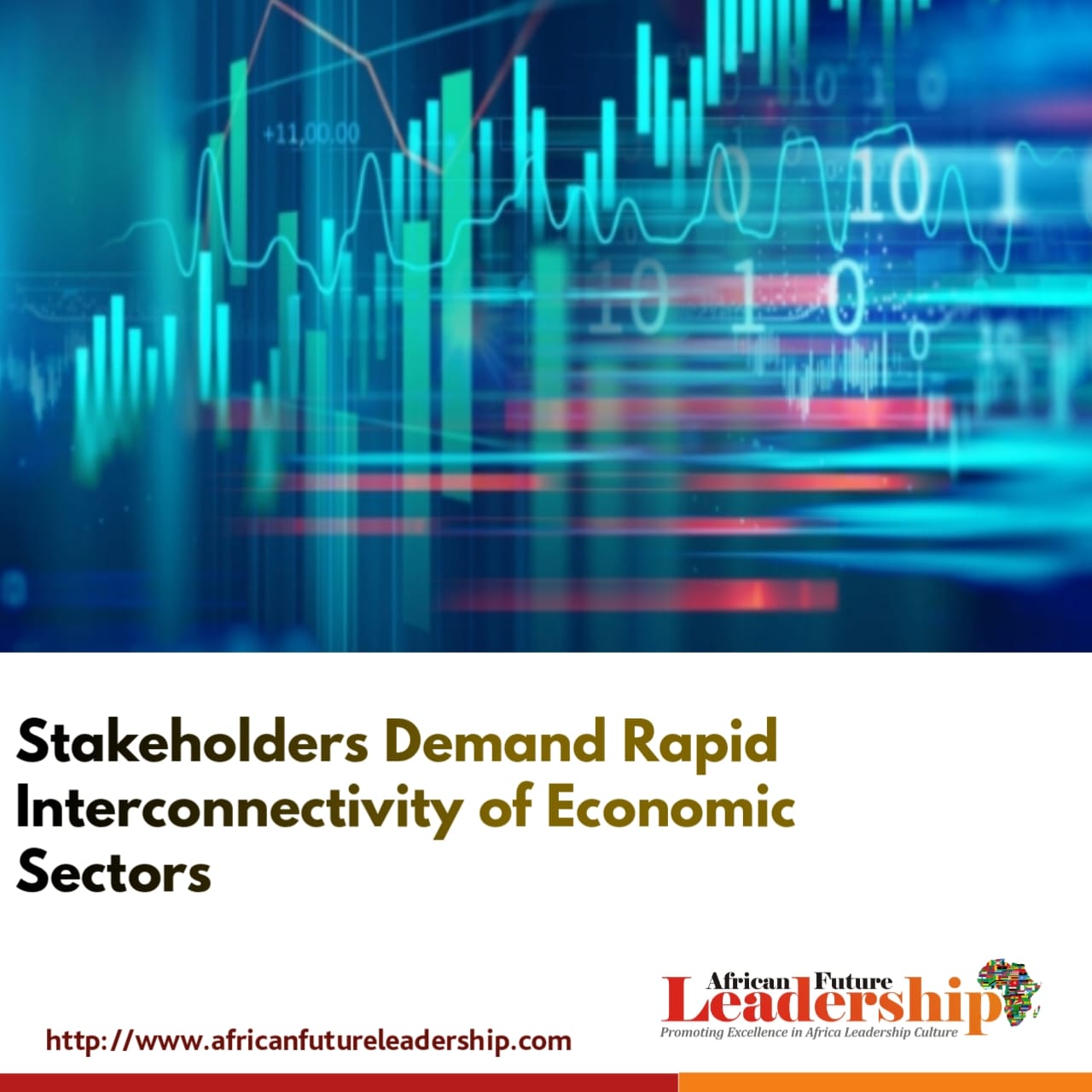Stakeholders attending this year’s Nigerian Peering and Interconnection Forum (ngPIF) hosted by the Nigerian Network Operators Group (ngNOG) and the Internet Exchange Point of Nigeria (IXPN), have called for the rapid development and efficient connectivity across all economic levels.
This view was expressed at the event which held in Lagos recently and it was attended by over 400 infrastructure providers, connectivity stakeholders, content providers, and policymakers revolved around interconnectivity, peer-to-peer content sharing, local content availability, peering possibilities in underserved regions, cloud connectivity, human capacity building, education, and technology intersection.
READ MORE: 8 Billion: A World of Infinite Possibilities
Among the experts who attended physically are those from Belgium, Cameroon, Cote D’Ivoire, France, Ghana, Kenya, Mauritius, South Africa, the United States, and the United Kingdom and Nigeria.
It was stated that key to intersection of connectivity, content provision, internet services, and policies, is the need to foster the rapid development and efficiency of connectivity across all economic levels.
Therefore, the chief executive officer of IXPN, Mr. Muhammed Rudman, said there is a need to be deliberate about underserved areas when it comes to Internet connectivity. “When we speak of growing internet access, pillars such as fiber infrastructure, data centres, service providers, IXPs and their demand are fundamental,” he said.
READ MORE: Renewed Strategy to Counter Piracy in Africa’s Maritime Domain
Rudman further noted that for IXP itself, we require location, equipment, technical and administrative capacities to function at the optimum, emphasizing that in less reached areas, peculiar challenges such as low connectivity infrastructure, security issues, diminished interest in internet services, and absence of carrier-neutral data centres are often the bane.
Hence he said, “Our successes in major cities in Nigeria have been an infusion of the fundamental pillars, such that even when extending to less urban regions, it’s important that we, the service providers, do not diminish these pillars. Only then can we truly attain the efficiency that we seek through interconnectivity.”




